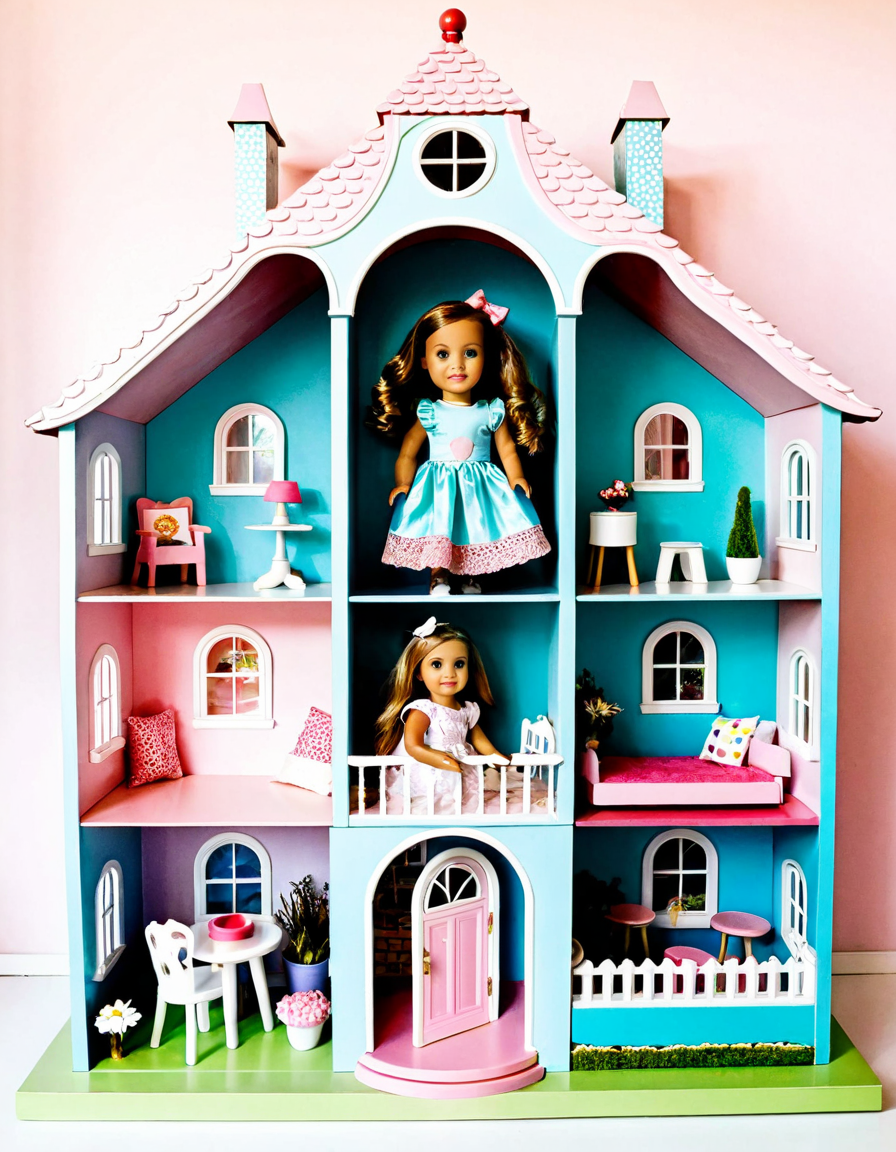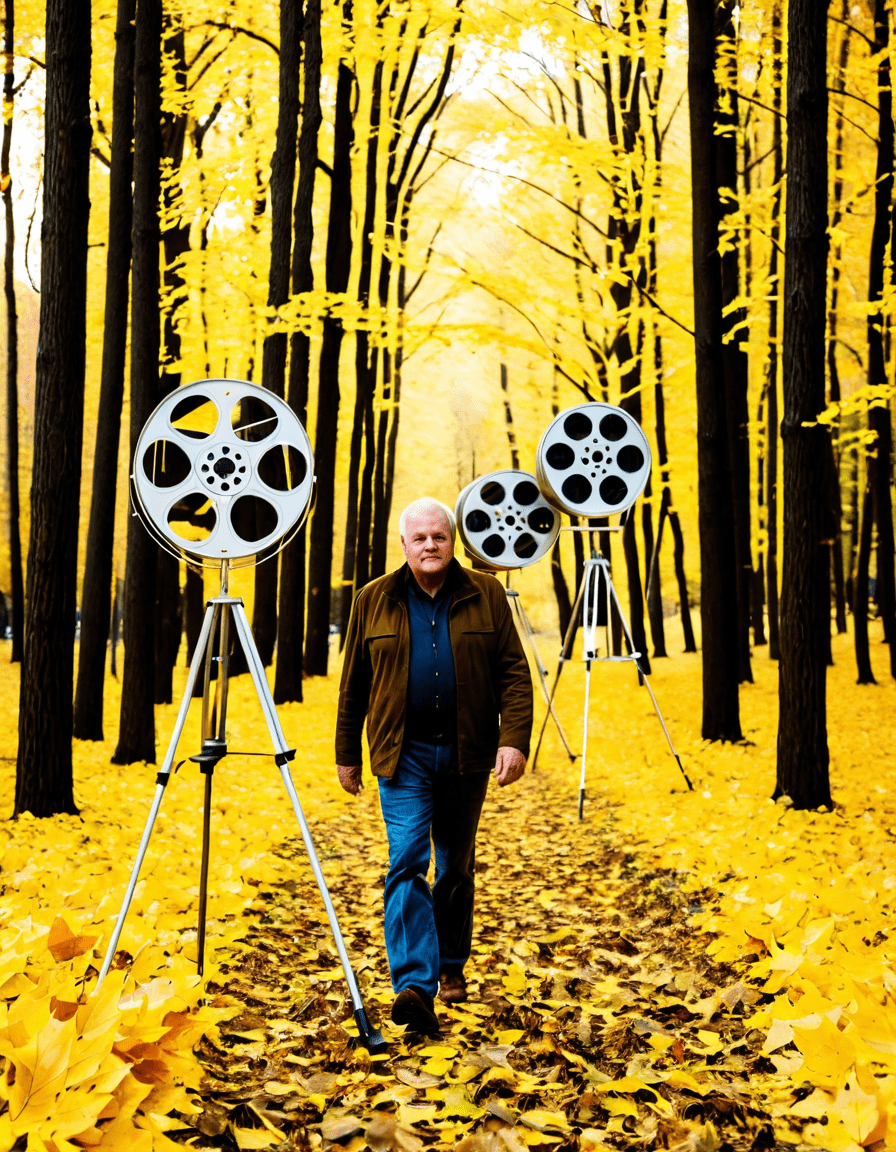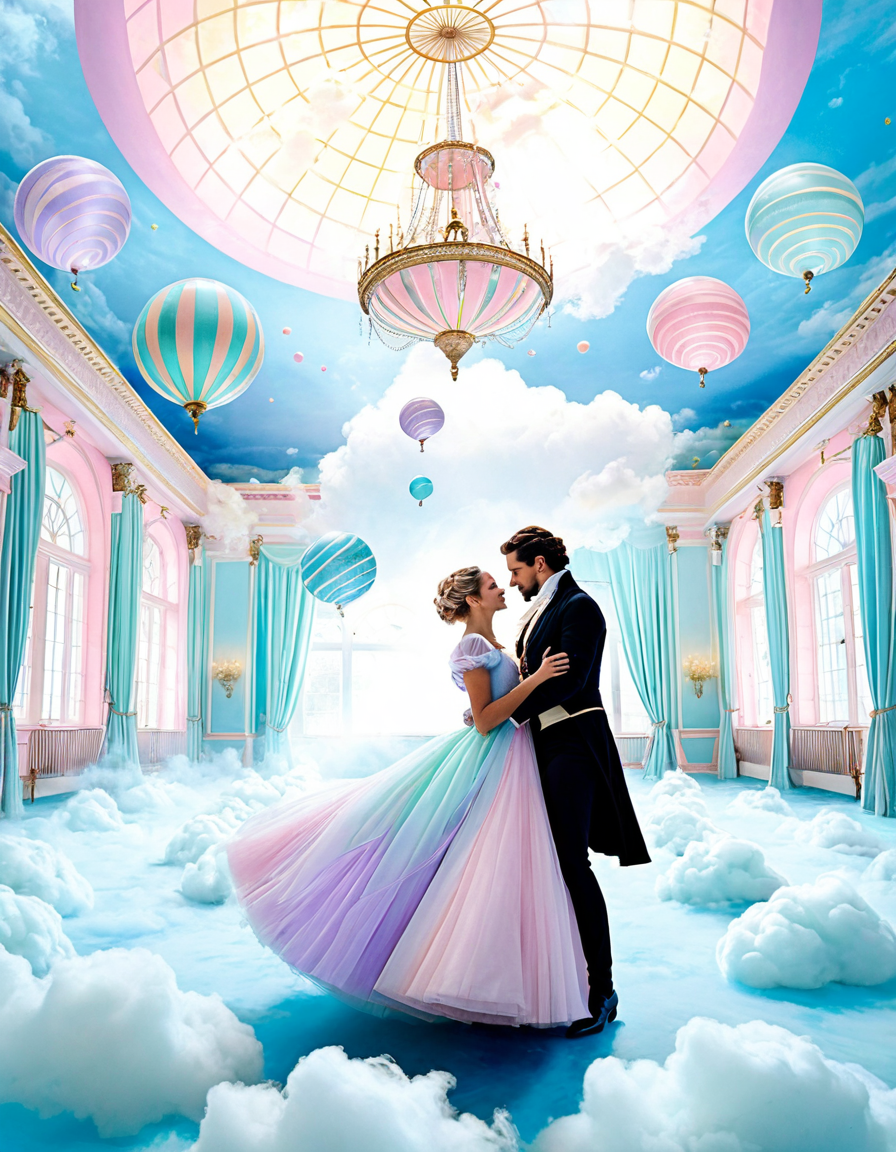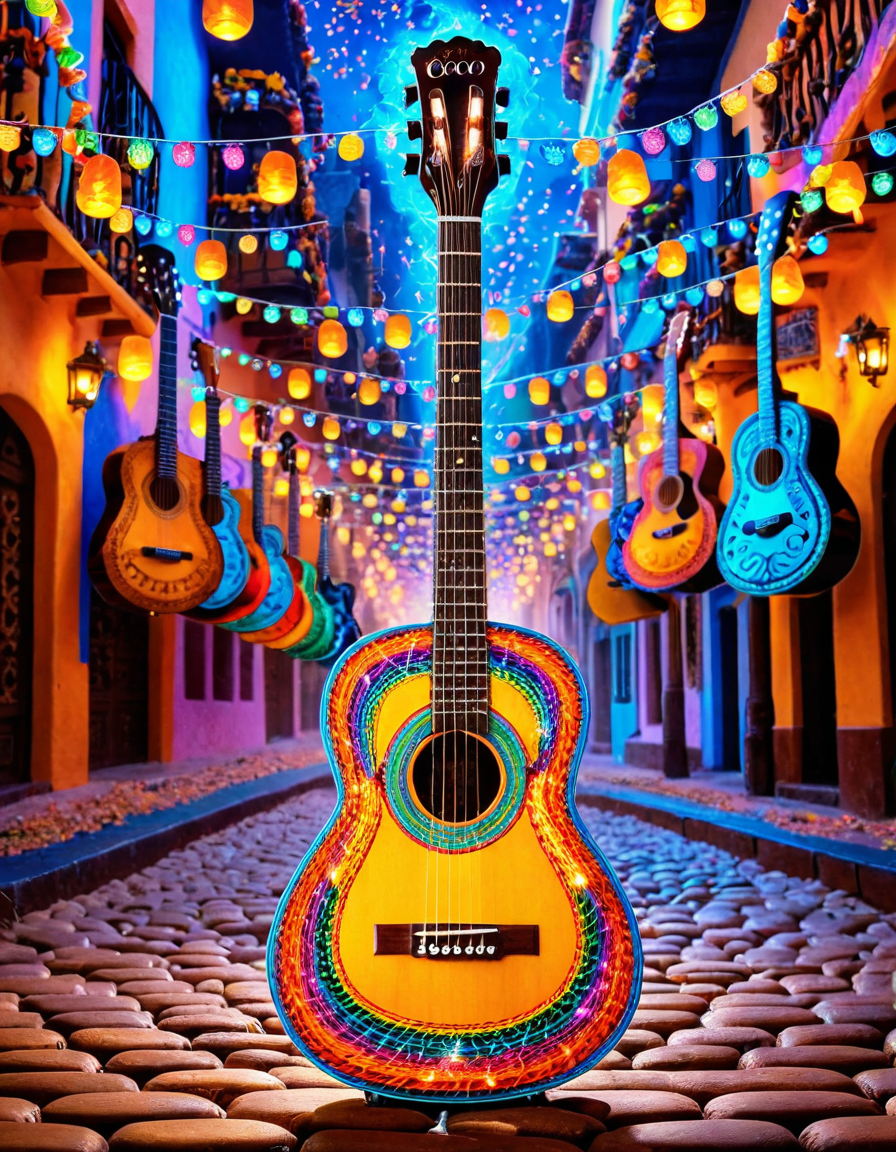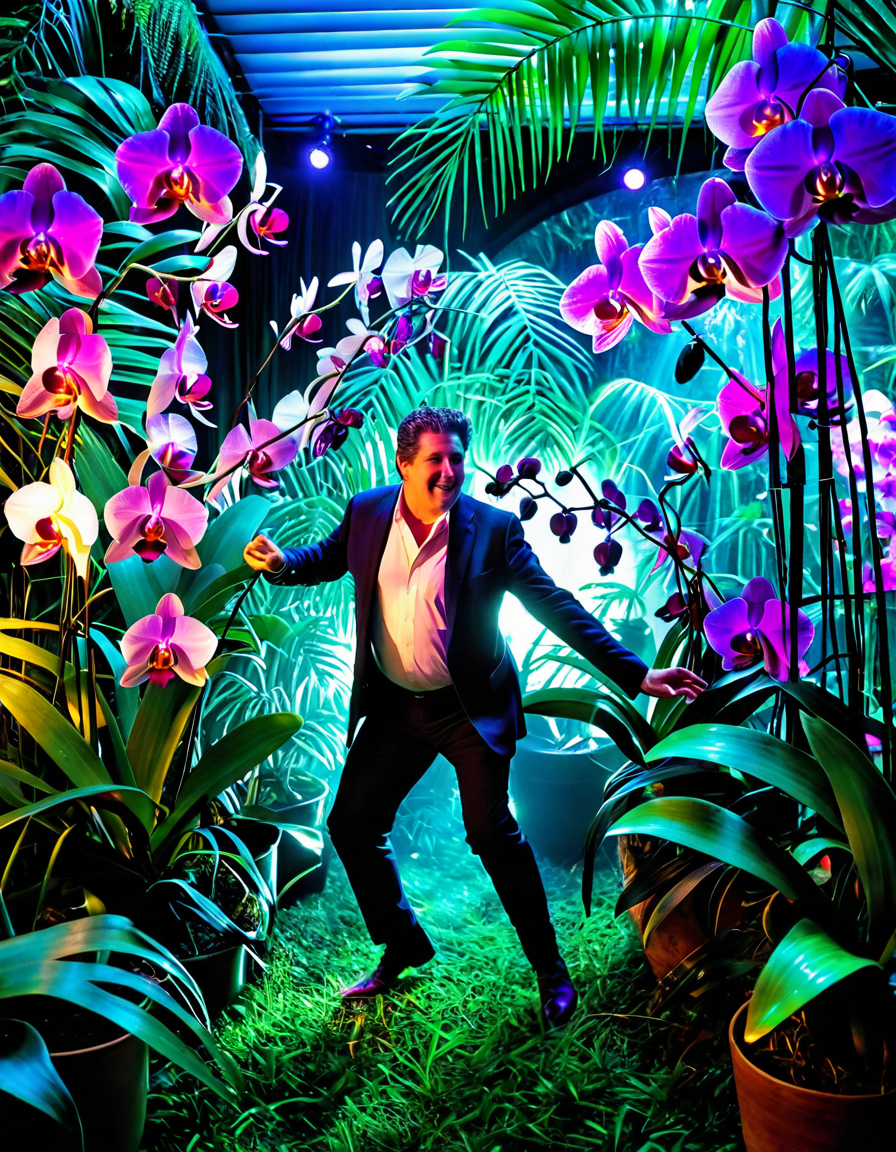“Avatar: The Last Airbender” has left a remarkable legacy since its debut in 2005, captivating audiences worlDwide with its rich storytelling and profound themes. As we explore “Avatar: The Last Airbender” in 2026, this beloved series continues to resonate with viewers, reminding us of timeless lessons and narratives that can shape our understanding of the world. This article will take you on an enthralling journey through its enduring relevance, evolution in the entertainment industry, and lessons for future generations.
Top 5 Themes from Avatar: The Last Airbender that Resonate in Today’s Society
Even several years after its finale, “Avatar: The Last Airbender” remains pivotal, especially regarding its themes that echo in today’s society. These concepts educate and inspire diverse audiences and remind us all to reflect on our beliefs and actions. Here are five standout themes that carry significant weight in contemporary contexts:
Aang’s journey as the last Airbender highlights the essence of responsibility along with power. Leaders across all sectors face ethical dilemmas reminiscent of Aang’s struggles. This theme challenges us to evaluate how we wield our influence and beckons today’s decision-makers to embrace their duties with compassion.
The four nations in “Avatar” represent distinct cultures, teaching invaluable lessons about respecting and appreciating diversity. As awareness around cultural sensitivity grows, “Avatar: The Last Airbender” champions empathy and inclusivity. This message pushes back against divisiveness in our society, reminding us that shared humanity should be at the forefront.
Characters like Zuko fear not the gray areas of morality. As he navigates his turbulent path, we witness the intricate web of motivations and dilemmas humans face daily. It’s these shades of complexity that echo in current discussions around social justice and ethical issues, leading us to ponder our actions and the consequences they carry.
In a world grappling with climate change, Aang’s connection to nature highlights the urgent need for environmental conscious behavior. The series emphasizes the importance of balance between humanity and our planet, reminding us to take charge of our actions to ensure a sustainable future.
The camaraderie among Aang, Katara, Sokka, and Toph represents the essence of friendship and cooperation. Their quests showcase how unity can transcend cultural barriers, fostering strength in diversity. As the world feels increasingly fragmented, these nurturing relationships inspire us to embrace collaboration and community spirit.
![]()
The Evolution of the Avatar: The Last Airbender Cast – From Animation to Live-Action
The “Avatar: The Last Airbender” cast’s evolution has been remarkable, particularly as the franchise expands through various adaptations and spin-offs. As the original animated series laid the groundwork, both the performers and their characters have evolved in ways that reflect industry changes and evolving narratives.
The original voice of Aang brought vibrancy and warmth, successfully capturing the character’s youthful spirit and wisdom. His work paved the way for new horizons and inspired many anime voice actors to pursue their passions within the industry.
As the conflicted prince, Dante Basco crafted an extraordinary performance that helped redefine how complex characters can blossom into fan favorites. His portrayal showcased the depth of emotions, allowing audiences to connect with Zuko’s journey beyond mere entertainment.
The recent live-action adaptation by Netflix introduced Gordon Cormier as Aang, stirring excitement among fans while facing skepticism. This shift from animation to live-action mirrors the challenges of maintaining authenticity and respect towards the original series. While adaptation remains a tightrope walk between innovation and nostalgia, interest remains high in seeing how these new portrayals will resonate with both longtime fans and new audiences alike.
How the Cast of Dune 2 and Dune: The Sisterhood Echoes Avatar’s Legacy
The casting choices for “Dune: Part Two” and “Dune: The Sisterhood” illustrate a contemporary adherence to character complexity and storytelling depth, resembling experiences seen in “Avatar: The Last Airbender”.
Just like “Avatar,” both “Dune” films dive into multifaceted characters embroiled in epic narratives. Timothée Chalamet and Zendaya’s on-screen dynamism showcases the richness of storytelling, as they navigate personal journeys against broader societal themes. This trend resonates with audiences craving depth and nuance in their entertainment.
The cast of “Dune: The Sisterhood” makes strides toward diversity, reflecting a broader cultural initiative ignited by “Avatar.” As the industry evolves, it becomes increasingly evident that representation matters on-screen, providing audiences with relatable characters that forge deeper connections. Both franchises honor this narrative shift, emphasizing the significance of diverse storytelling.
![]()
Anticipated Release of Terrifier 3: A Shift in Genre but Similar Themes
Interestingly, while “Terrifier 3” occupies the horror genre, it echoes similar themes present in “Avatar.” The impending release of this psychological horror film illustrates the human experience’s dark and complex nature.
In both “Avatar” and “Terrifier,” viewers encounter moral intricacies that challenge their understanding of good versus evil. This juxtaposition highlights the timeless nature of storytelling, revealing how diverse genres can reflect shared human experiences despite different narratives or visual presentations.
Lessons Learned from Avatar that Can Shape Future Generations
As we look towards tomorrow, the legacy of “Avatar: The Last Airbender” imparts critical lessons for upcoming generations. The series transcends its role as entertainment, evolving into an influential cultural artifact that shapes perspectives while igniting important conversations.
From fostering empathy to instilling leadership responsibility, “Avatar” provides a framework for addressing intricacies in today’s society. These lessons empower audiences to advocate for collective well-being and encourage action toward building a more compassionate world.
Finally, the magic of “Avatar” lies in its engaging storytelling and the relatable growth of characters, reminding us that we share personal journeys despite facing diverse challenges. As we navigate the complexities of modern life, let “Avatar: The Last Airbender” serve as a guide, calling us to reflect, connect, and act with intention on this shared journey.
From understanding leadership to respecting our environment, “Avatar: The Last Airbender” offers us more than just animation—it’s a powerful narrative that continues to inspire, educate, and unite. Explore this series and its remarkable truths; you might just discover the wisdom that shapes our world today.
Fun Trivia and Interesting Facts About Avatar Last the Airbender
Behind the Wheel of the Avatar
Did you know that Avatar: The Last Airbender initially aired on Nickelodeon from 2005 to 2008? This animated series captured hearts with its rich narrative and relatable characters. What’s even cooler is one of its creators, Michael Dante DiMartino, has highlighted the heavy influence of Asian cultures on the show. He aimed to create a story that would resonate with audiences everywhere. This dedication can be likened to how artists prepare for big events, like Shakira’s upcoming 2025 tour—it’s( all about connecting with fans through rich cultural expressions.
Elements of Water, Earth, Fire, and Air
Every bending style in the series is tied to different philosophies and martial arts forms. For instance, waterbending closely mimics Tai Chi’s fluid movements, focusing on adaptability—necessary skills whether you’re facing a fire lord or simply choosing between outdoor lounge Chairs() for a backyard chill-out. Did you know that some elements of air nomad culture are inspired by Tibetan Buddhist monks? It’s fascinating how Avatar blends myth with reality, making it a deeper experience for viewers and fans alike.
Life Lessons from the Avatar
The show is not just epic battles and adorable flying bison; it’s also packed with life lessons that can echo in our world. Characters like Zuko showcase a journey of redemption, highlighting the importance of personal growth and understanding. Speaking of coming full circle, the showark shines a light on many classic themes found in pop culture, akin to the Dungeons And Dragons movie() that brings to life the concept of teamwork and adventure. And don’t forget Cheech Marin, who’s known for fitting into a myriad of roles just like the talented voice cast of the show—many of them, such as Zuko’s voice actor, Dante Basco, have had expansive careers, similar to the multifaceted nature of Doppelgangers() that pop up in various stories.
In short, Avatar: The Last Airbender is a treasure trove of narrative depth and character development that mirrors the complexities of our own lives. It’s no wonder it still captures the hearts of new fans, especially with the inspiration it provides for growth and understanding. Just as the ongoing rivalry between Inter Vs Juventus() captivates sports fans, the retrieval of harmony in Avatar resonates on another level, reminding us of the balance needed in our own daily adventures. So, as we swipe through streaming platforms or quench our intrigue with shows like the new Dmc anime,(,) don’t forget to give our beloved Avatar another watch—it’s worth every moment!
![]()


